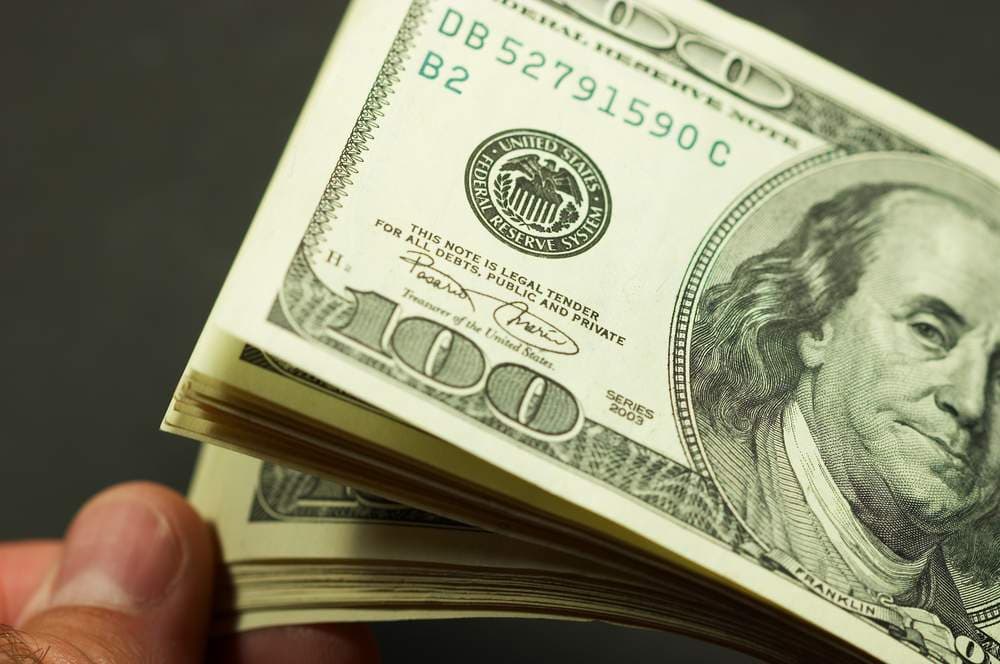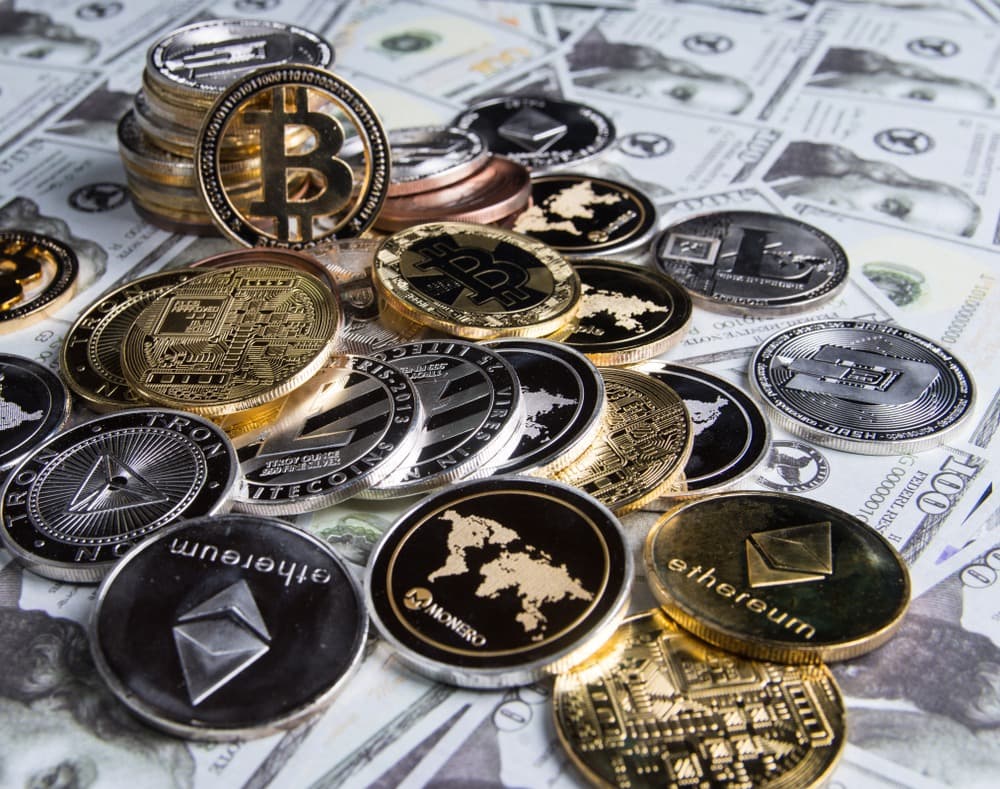Beneath the Surface
Sunburns and Swashbuckling: Exploring the Bahamas As Markets Sort Out the Latest Chaos
March 12, 2025 • 4 minute, 50 second read

“Paradise is not a place; it’s a state of mind.”
— Frank Sonnenberg
March 12, 2025 —Here’s an idea. You walk into a plain-looking colonial structure in the Bahamas…
Whether you’re a citizen of the Bahamas or not, you can find someone willing to set up a business domiciled there for a moderate fee.
If you are from the United States, your next step is to set up revenue streams and funnel them through the Bahamian company you just opened…
Do a little banking in Nassau…
Then, pay your other business in the United States, say, $120,000 in consulting fees.
The Bahamas has been an independent commonwealth since 1973. Since the company you’ve registered is an off-shore entity, the first $120,000 revenue you receive from it is tax-free.
That’s why hundreds of global companies have the same address at this plain-looking colonial structure in Nassau:

The Ministry of Tourism, Investments and Aviation about says it all if you’re interested in describing the Bahamian economy. (Source: Addison Wiggin)
I’m not suggesting you do this without the advice of a qualified tax accountant.
But the tax code doesn’t have to be the beast it’s made out to be in the financial press — with or without Donald Trump’s help.
We’re here in Nassau this morning, watching the major U.S. stock indices tick lower, even after we’ve seen considerable signs of declining inflation over the past 24 hours.
The headline CPI data cooled, and a site called Truflation, which looks at 80,000 prices in real-time, suggests that inflation in the U.S. is actually at 1.35%, far under the Fed’s 2% target rate.
The Dow, S&P 500 and Nasdaq all opened higher, but have been bleeding out their gains. Funds and institutions continue to deleverage at the fastest pace since the 2020 Covid crash.
Some signs indicate the big money may be about done selling, but what happens then? It’s not like the headlines are screaming for investors to buy right now…
No matter.
If you’re a paid member of the fraternity and following our advice, you’re watching the indexes with detached bemusement. Hopefully, you’ve availed yourself of our two latest research reports:
The MAGAnificient 7, seven stocks we’re expecting to do well in the first years of the Trump chaos; and The Blacklist, a complete list of fifty stocks that currently fail the “adapt and innovate” test we believe all companies must be doing.
Nassau is a cliche and a historical anomaly all at once. Christopher Columbus stumbled upon the islands in 1492, possibly looking for a shortcut to a payday in Indian spices.
Instead, he found the Lucayans — who would soon learn that European “discovery” usually meant the beginning of their troubles.
Spain claimed the islands but barely bothered with them, allowing pirates to move in like a bunch of uninvited guests crashing a beach party. Nassau, by the 18th century, became a real-life Pirates of the Caribbean set — Blackbeard himself ran the place like a rowdy HOA president.
Britain eventually got fed up and retook control. Then, in 1973, the Bahamas gained independence. Today, it’s equal parts tourist trap and offshore banking haven — because nothing says “financial security” like a palm tree and a daiquiri.
Hey, it worked for Sam Bankman-Fried, who set up shop in the Bahamas for FTX… until his crypto exchange imploded.
Ostensibly, we’re here to give our daughter a break from the cold, dark North. She’s a freshman at the University of Vermont. She enjoys skiing, for sure. But the beach ain’t all that bad either.
That said, there are parts of the family who can’t sit still long enough to enjoy any part of the surf.

Max, the house parrot at the Towne Hotel, local artistry adorning the stairwell, Addison in front of the Royal Caribbean “Liberty of the Seas,” (the colonial St. Anne’s Anglican church is in the way of the shot!) (source: Addison Wiggin)
Nassau’s cruise industry is a revolving door of sunburned tourists, duty-free shopping, and all-you-can-eat buffet survivors. It injects millions into the local economy through port fees, excursions, and souvenir spending.
Its local critics argue that the government favors foreign-owned cruise lines over local businesses, leaving Bahamians with breadcrumbs from a billion-dollar pie.
You only need to step away from the outdoor mall on Bay Street next to the cruise line terminal to see why.
With six cruise liners docked this morning, some 15,000 tourists from all over the world are floating a freshly painted plank away from Atlantis Paradise Island, which features five distinct hotels, Margaritaville Beach Resort, and British Colonial Hilton Nassau.
Yet, most bars and restaurants in the town are closed at 5–6 p.m. because of the lack of customers.
More to come…

Addison Wiggin,
Grey Swan
P.S. You’re correct if you’re thinking: “This is the second American tourist destination Addison has visited in the past two weeks.”
Yesterday, we sent a video interview we did of Ronan McMahon while in Playa del Carmen. For a decade or so, I’ve been intrigued by Ronan’s business model. He’s been making a name for himself, helping investors interested in dipping a toe in foreign real estate in Mexico, Panama, Uruguay and Portugal and sourcing great deals directly with developers.
Specifically, Ronan, my publishing friend Doug Hill, and I are discussing the deal Ronan’s offering at the Landmark, in Playa del Carman. Ronan’s exclusive offer, goes live today at 1 p.m. So if you’re interested, we suggest you investigate tout suite.
There are worse ways to spend a March afternoon than ogling real estate and foreign investments. Give it a whirl, right here.
P.P.S. As always, please send your thoughts to feedback@greyswanfraternity.



